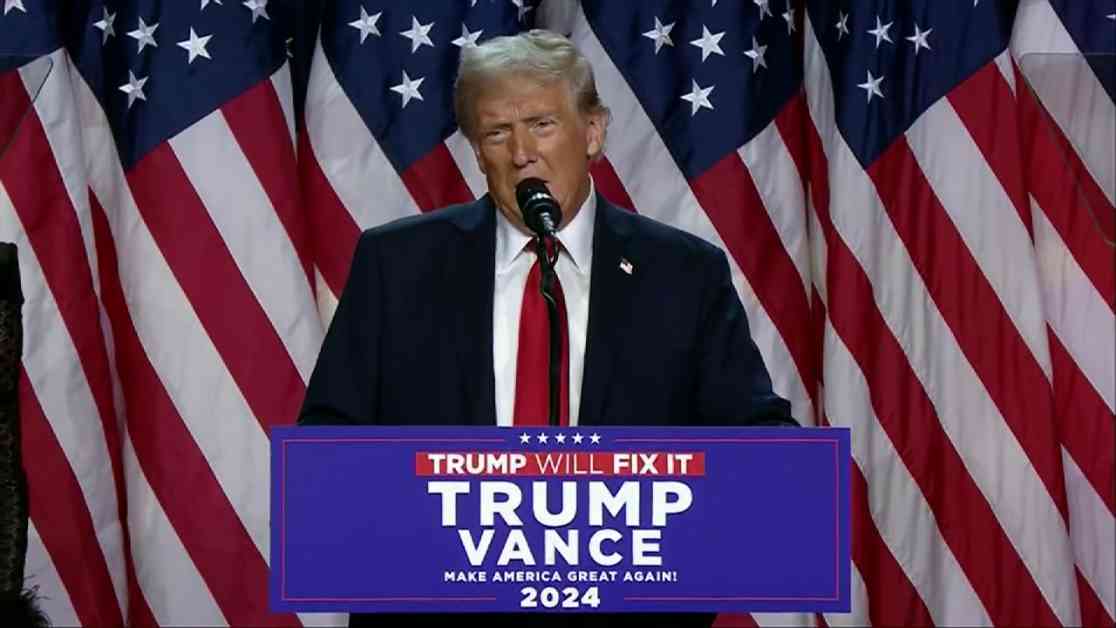President-elect Donald Trump’s choice for treasury secretary is not just about whose name will appear on the currency. It will also reveal how he plans to use import tariffs in his administration. The potential candidates have different views on how Trump should approach protectionist trade policies, which were a key focus of his campaign.
One candidate, Scott Bessent, sees tariffs as a negotiating tactic, while another contender, Howard Lutnick, supports broader tariffs. The decision on the treasury secretary will show how big a role tariffs will play in Trump’s economic agenda. During his campaign, Trump suggested imposing universal tariffs of up to 20% and taxing Chinese imports at 60% or more. However, the details of how these tariffs would be implemented remain unclear.
The lack of clarity around tariffs could impact inflation and disrupt the stock market gains since the election. Bessent believes tariffs are a one-time adjustment and not inflationary, while Lutnick sees tariffs as a tool to protect American workers. The choice of treasury secretary will also influence how tariffs are implemented and whether they will lead to sustainable revenue or be used as a negotiating tool.
Higher tariffs could lead to a trade war, upset trade partners, and increase prices for consumers. Economists have estimated that a 60% tariff on China and a 20% universal tariff could cost a typical US household $2,600 annually. Companies are closely watching Trump’s transition and preparing for different tariff scenarios.
Despite the uncertainty, major companies are making plans to mitigate the impact of tariffs. Stanley Black & Decker and Columbia Sportswear are concerned about the potential effects of tariffs on their businesses. Williams Sonoma has reduced its imports from China, while Constellation Brands expects any tariffs to mainly target China rather than Mexico.
As Trump continues to make key appointments for his administration, including the treasury secretary, the business community is bracing for potential changes in trade policies. The decision on the treasury secretary will provide insights into Trump’s approach to tariffs and trade relations moving forward. Stay tuned for more updates on how these decisions will shape the economic landscape in the coming months.


